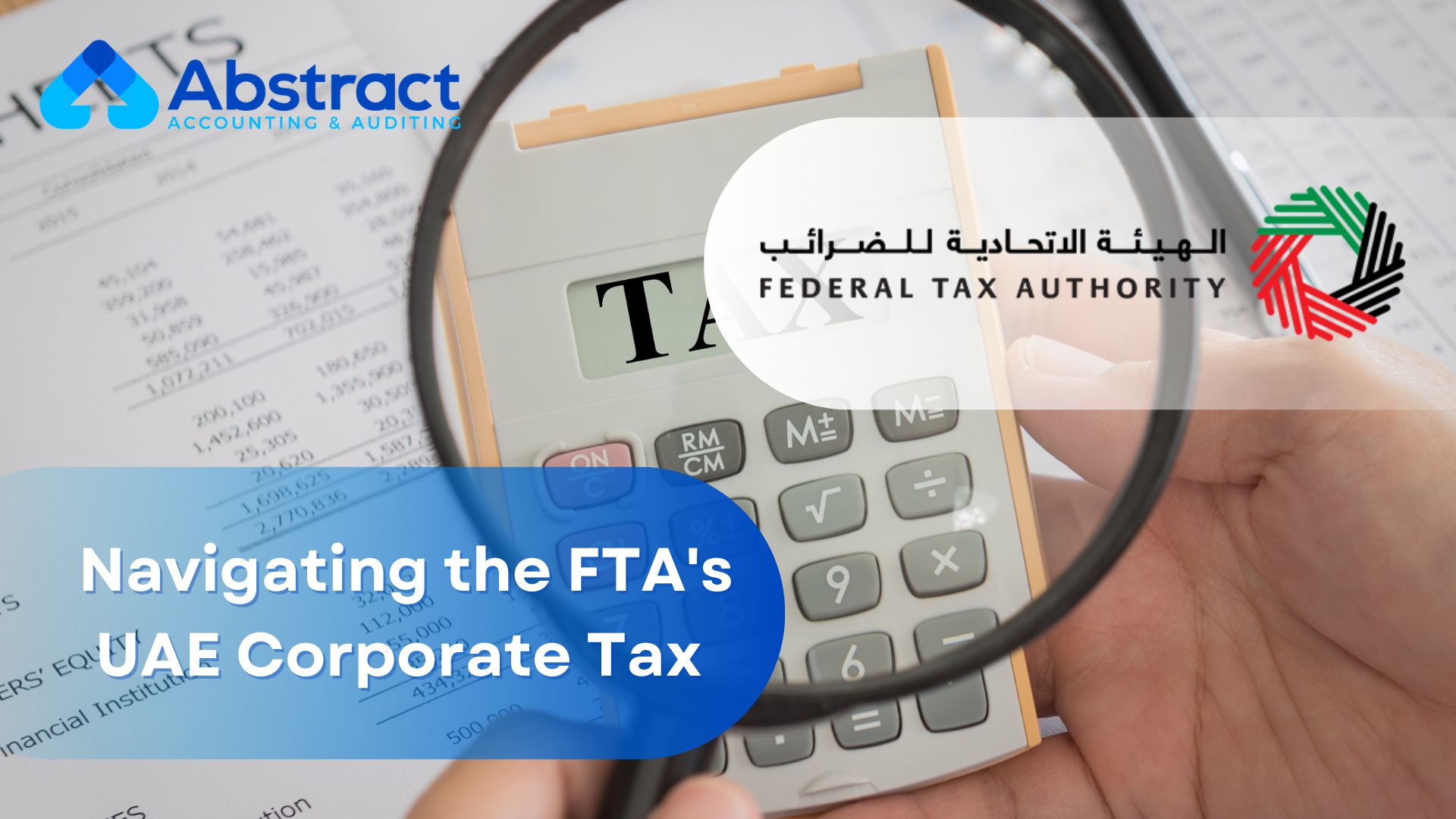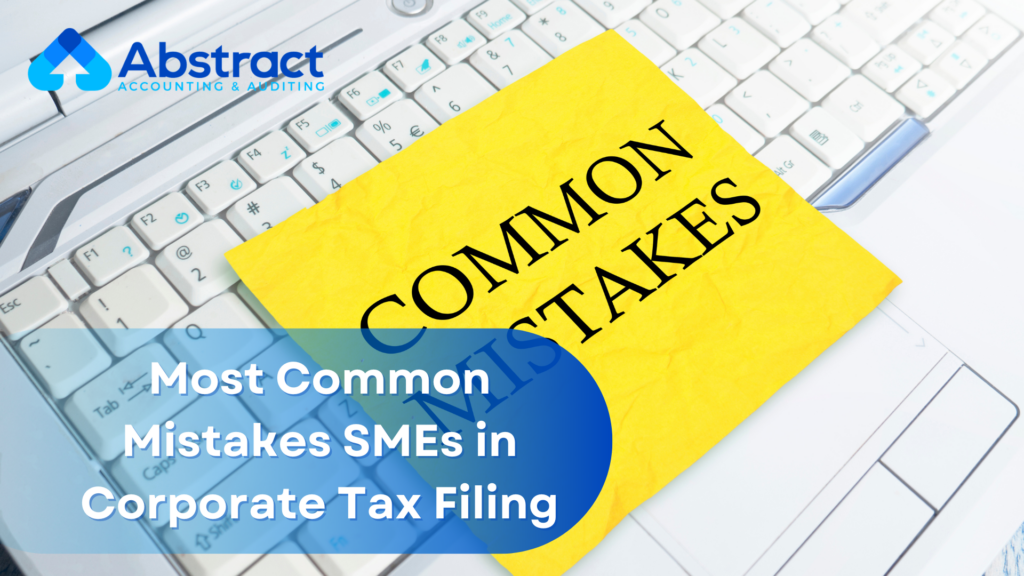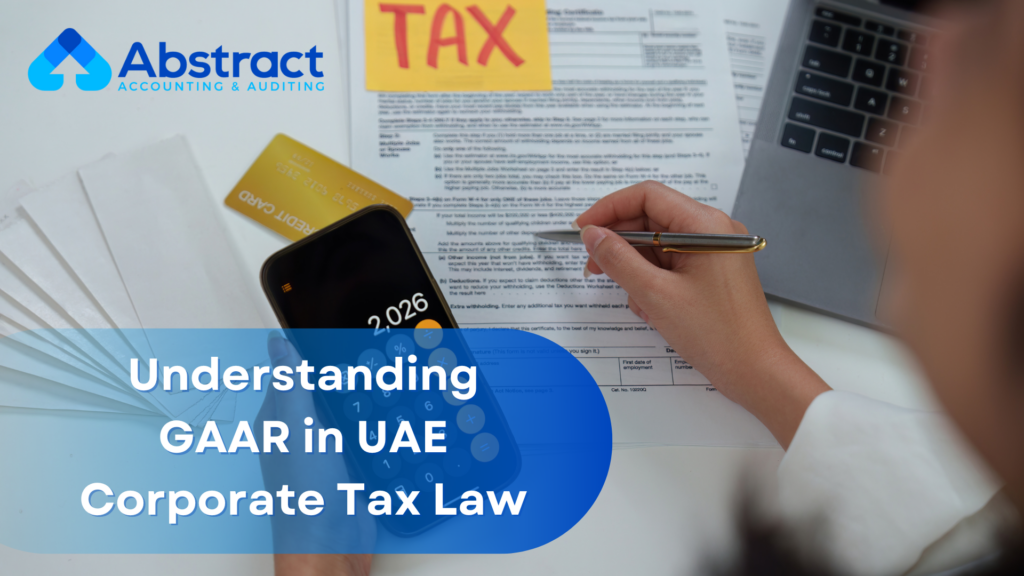Introduction
When corporate taxation in introduced in the UAE it start effecting the businesses as well as investor in different sector including real estate. A guideline is issued by the federal tax authority that mainly focus on the tax implications that are associated with people that are investing in real taste. If you want to ensure tax liabilities and ensure compliance with UAE tax you must understand these provisions.
Understanding UAE Corporate Tax
Introducing the UAE corporate tax regime effective as June 1, 2023, for all businesses that earn taxable income. However, natural persons investing in real estate will only be taxed if certain conditions are met. The FTA has further clarified its guidelines as to which business activities are subjected to corporate taxation and which forms of income remain exempt.
Tax Implications in Real Estate Investments
1. Tax Exemptions for Individual Investors
Corporate tax exemptions are generally applicable to natural persons engaging in real estate for personal property management, as indicated by the following:
- The individual holds the real estate assets for long-term investment purposes.
- The rental or leasing income is accrued without engaging in any business-like activities.
- There are no structured business entities or licenses through which the investor operates.
Let understand it with the help of example, if a person himself buy an apartment to rent it out and also hold the property without actively engaging in buying and selling, they will not be liable for corporate tax. Personal investors are not burdened with additional taxes.
2. Corporate Tax Applicability
In following conditions the corporate tax is apply to the real persons such as:
- When they are conducting real estate dealings under the business conditions.
- When real estate transactions are carried out by partnership or company that is dealing with multiple number of real estate transactions.
- If the investors real estate activities are frequent and resemble a structured business model.
A person who often buys multiple properties on annual bases and sells them for profit may be considered a real estate businesses rather than a investor who is passive.
Important Issues for Real Estate Investors to Consider
- Individual vs. Business Entity
- Corporate tax does not apply on an investor who holds property in their personal capacity and earns rental income without engaging in other business activities.
- In case if investor operates under a business which is registered and also engage in real estate development, or large scale operations they will required to comply with corporate tax regulations.
If you understand this things it can help you structure real estate portfolios efficiently and ensure compliance with tax laws.
- VAT Considerations
For better understanding you must be aware with value added tax.
- Landlords do not have to charge VAT on rental income from residential units, residential property leases are typically VAT free.
- On the other hand commercial properties attract a 5% VAT, which is applied to both sale and rent agreements.
- Based on the classification of their properties and lease agreement investors should review VAT obligations.
For example, if you own a commercial office building and lease it out they must factor 5% VAT charge on rental payments. An apartment which is rented out for residential purpose would not be subjected to VAT.
- Structuring Investments for Tax Efficiency
While ensuring compliance with UAE regulations tax efficient investments structures can help investors minimize their tax burden.
- Holding real estate through trusts or investments vehicles
- Investors can optimize tax efficiency and reduce overall liabilities by balancing real estate investments with other assets.
- Seeking professional tax advisory services.
Conclusion
If you do proper planning about the tax regulation real state investors in the UAE can continue to capitalize on the opportunities within the market while effectively managing their tax obligations.
You must be engage with the current changes it can help to reduce the tax risks and enhance long term financial security. To ensure compliance and optimize tax benefits investors should consider structuring their real estate holdings.






